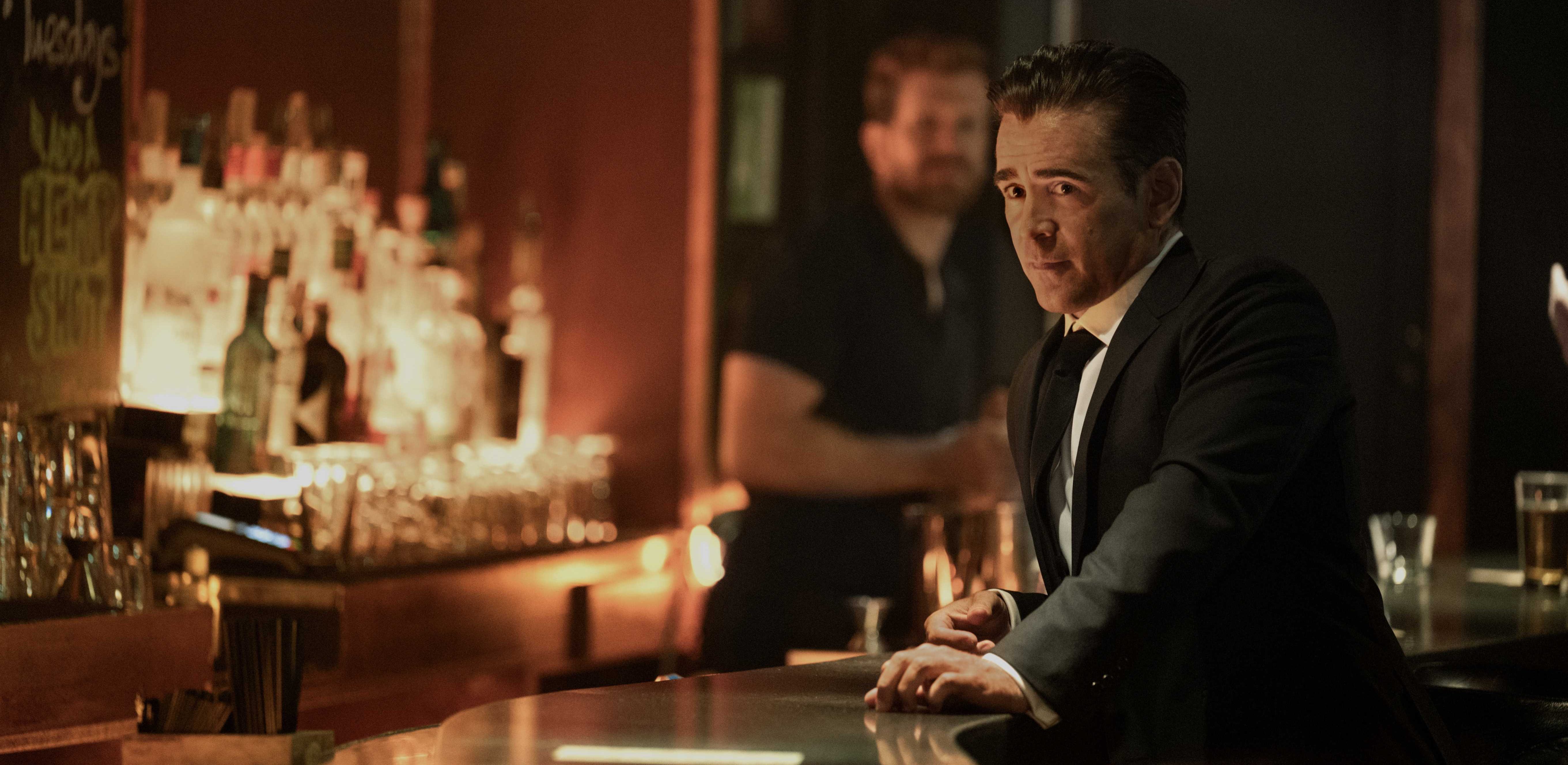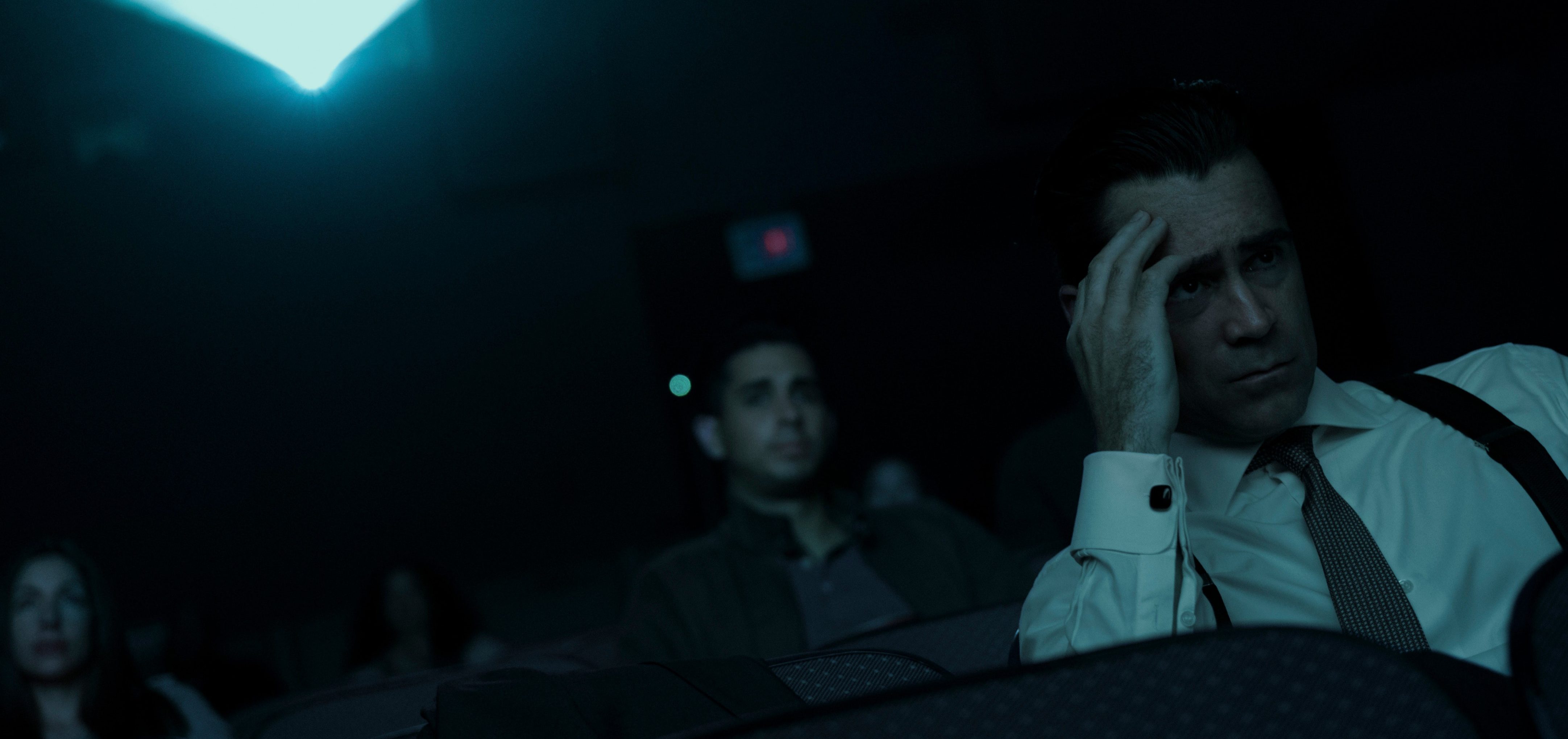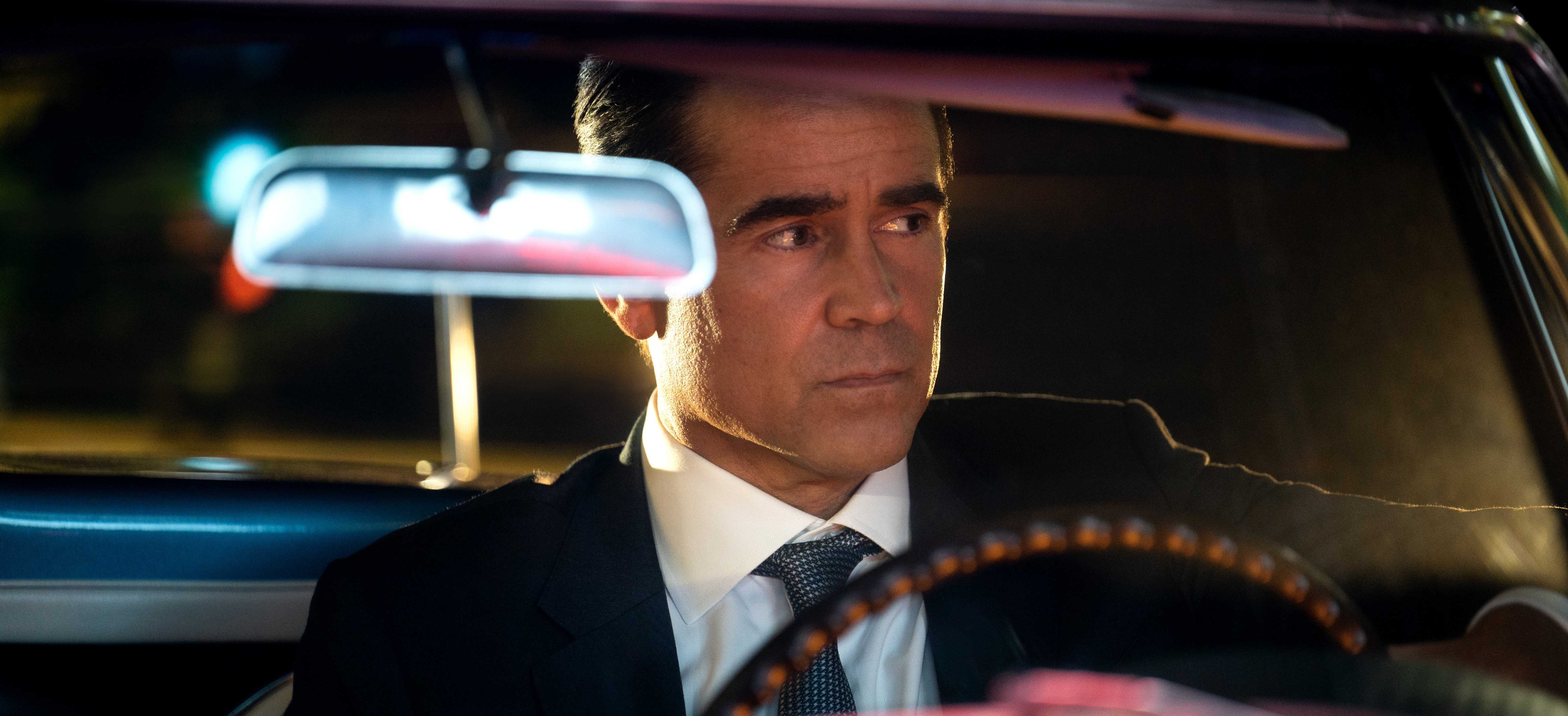In Apple TV+’s mystery series ‘Sugar,’ substance meets style in John Sugar. Even though he is flashy and immediately convincing, Sugar is grounded in reality. He doesn’t present himself as a superman but his attention to detail and determination to unravel the truth are captivating. Sugar exists on a thin line between the apparent reality and fiction. However, the character and his saga, conceived by Mark Protosevich, have no roots in real life. Rather than in a true story, the screenwriter found his private eye in film noir, and the show doesn’t even hide the debt as it celebrates some of the greatest movies ever made in Hollywood!
Twisting the Norms of Film Noir
Mark Protosevich created ‘Sugar’ as a quintessential noir narrative with an imposing leading man who reminds us of the likes of Humphrey Bogart and Glenn Ford. However, Protosevich wasn’t interested in following the conventions of the genre or blindly imitating it. The narrative of the mystery drama was born when he collaborated with director Fernando Meirelles, executive producers Simon Kinberg and Audrey Chon, and the headliner Colin Farrell to twist the norms to conceive a modern noir saga. “I think the collaboration with all of these guys to come up with the right balance of ‘How are we telling a classic noir detective story, but giving it a modern top spin and original tone, and vice versa?’” Cho told CBR.

The core of the series’ narrative, the disappearance of Olivia Siegel, the granddaughter of a renowned and influential Hollywood producer, is itself a throwback to the genre’s gems. Some of the best noir works, whether it be in film or literature, have an opulent figure renting the brain of a private eye to unveil the mystery behind their loved one’s death or vanishing. The wealthy clients of Erle Stanley Gardner’s Perry Mason and Raymond Chandler’s Philip Marlowe are similar to Jonathan Siegel, who hires Sugar to find his grandchild. The way the show places Sugar among the elites of Los Angeles reminds us of Elliott Gould’s Marlowe in Robert Altman’s Chandler adaptation The Long Goodbye.’
The influence doesn’t end with American noir. Kirby Howell-Baptiste’s Ruby is seemingly straight from the books of Ian Fleming and their adaptations. “When I was first approaching this role, the casting director – Sherry Thomas, who also cast Barry – said that the best way she could describe the character is that Ruby is Sugar what M is to James Bond,” the actress told CBR.
The Unconventional Leading Man
Even though Protosevich was inspired by several noir protagonists to create John Sugar, he went against the foundational traits to make him unique. Sugar is not a cynic such as Marlowe. He is also not as self-obsessed as Mason. Colin Farrell’s private eye seems real, despite being fictional, because he has more human qualities than cinematic or even typical noir ones. “The show has bent towards the noir sensibility and tone, but unlike the majority of characters in noir pieces that I’ve seen, he [Sugar] wasn’t hard-boiled, he wasn’t jaded, he wasn’t kind of cynical in any way,” the actor told Screen Rant.

What makes Sugar a standout is his vulnerabilities, which include his kindness. He is someone who gets obsessed about the well-being of a random homeless man he sees amid an intense investigation. He doesn’t blame the world like Harry Hole. The private investigator is optimistic and compassionate, which aren’t really the words one would use to describe classical noir characters. “He [Sugar] had this sense of hope and belief in the fundamental good of human beings and this kind of wonder that he looked at everything. Something that people would perceive as beautiful, something that people would perceive as broken, he looked up with the same kind of wonder,” Farrell added.
This twist to the archetype was nothing but intentional. For Audrey Chon, one of the purposes of the series was to explore this changed leading man figure. “You don’t often see […] classical leading man characters from the ’40s and ’50s, were kind of tough and had a veneer about them that you couldn’t get through. You never saw their sensitive or vulnerable sides,” the executive producer told Screen Rant in another interview. “And Sugar is oozing with that. You’re kind of led into that, and he is vulnerable. He feels deeply about the case, and I think that’s really interesting and fascinating to explore,” she added.
Sugar is relatable because he is not as cinematic as the other leading men we have seen in noir narratives. His empathy and calculated moves help us place him in our reality. In addition, his obsession with movies and the importance he gives to the art undeniably make him a fellow cinemaholic!
Read More: What Car Does Colin Farrell Drive in Sugar?


You must be logged in to post a comment.